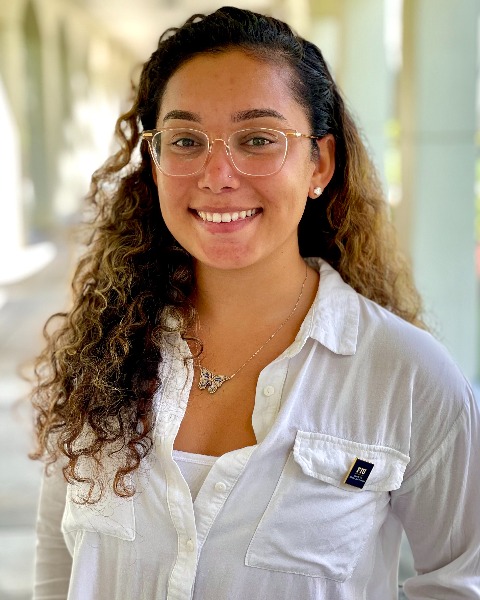Symposia
Dissemination & Implementation Science
2 - (SYM 76) Training, Supervising, and Supporting Summer Treatment Program Preprofessional Staff: Staff Perspectives on Essential Ingredients
- AO
Averill Obee, M.S. (she/her/hers)
Graduate Student
Florida International University
Miami, Florida, United States - AO
Averill Obee, M.S. (she/her/hers)
Graduate Student
Florida International University
Miami, Florida, United States 
Geraldine D. Cadet, B.A.
Clinical Research Coordinator
Florida International University
Miami, Florida, United States- MM
Maria Morales, M.a.
Doctoral Student
Florida International University
Miami, Florida, United States - EB
Elsa Bravo, Ph.D.
Research Assistant Professor
Florida International University
Miami, Florida, United States - KH
Katie C. Hart, Ph.D. (she/her/hers)
Associate Professor
Florida International University
Miami, Florida, United States
Speaker(s)
Co-author(s)
The Summer Treatment Program (STP) is a well-established and efficacious evidence-based treatment for children with attention-deficit/hyperactivity disorder (ADHD) and other behavioral concerns, where counselors and teachers implement a range of evidence-based practices (EBPs) across recreational and educational contexts with groups of typically 12-15 children. This format allows relatively large groups of children to receive a high dose of treatment in an ecologically valid environment; something not possible for traditional mental health providers to deliver in typical treatment settings. The STP is also most counselors and teachers’ first experience delivering EBPs in a clinical context, and so many are receiving their first training and supervision in the delivery of these practices. This can be a foundational experience in these individuals’ careers, as most express wanting to either pursue careers in mental health or integrate EBPs into their ongoing teaching practices. The present study evaluated STP staff experience with training, supervision, and their role in implementing the STP intervention, as well as how their experiences impacted their expressed future educational and career goals. Participants included 50 STP-PreKindergarten (STP-PreK) staff members (Role: 72.0% counselors, 14% lead counselors, 14% teachers; Race: 64% White, 26% Black, 12% Mixed Race or Self-identified Latiné; Ethnicity: 64% Latiné, 10% Haitian, 26% Not Latiné or Haitian) employed at two different sites over two summers. A subset of 14 STP-PreK staff members completed semi-structured follow-up interviews discussing training, supervision, job experience, and their future goals. Overall, with the training and supervision received, staff viewed the STP intervention elements as acceptable and easy to implement. Key factors staff highlighted in their learning process included the importance of a supportive environment, opportunities for hands-on learning with feedback, personal self-efficacy, and the role of supportive peers. Staff indicated working at the STP impacted both their use of EBPs and views on their career goals. Recommendations for improving STP staff training, supervision, and experiences, as well as implications for other interventions being delivered by similar workforces, will be discussed.

.png)
